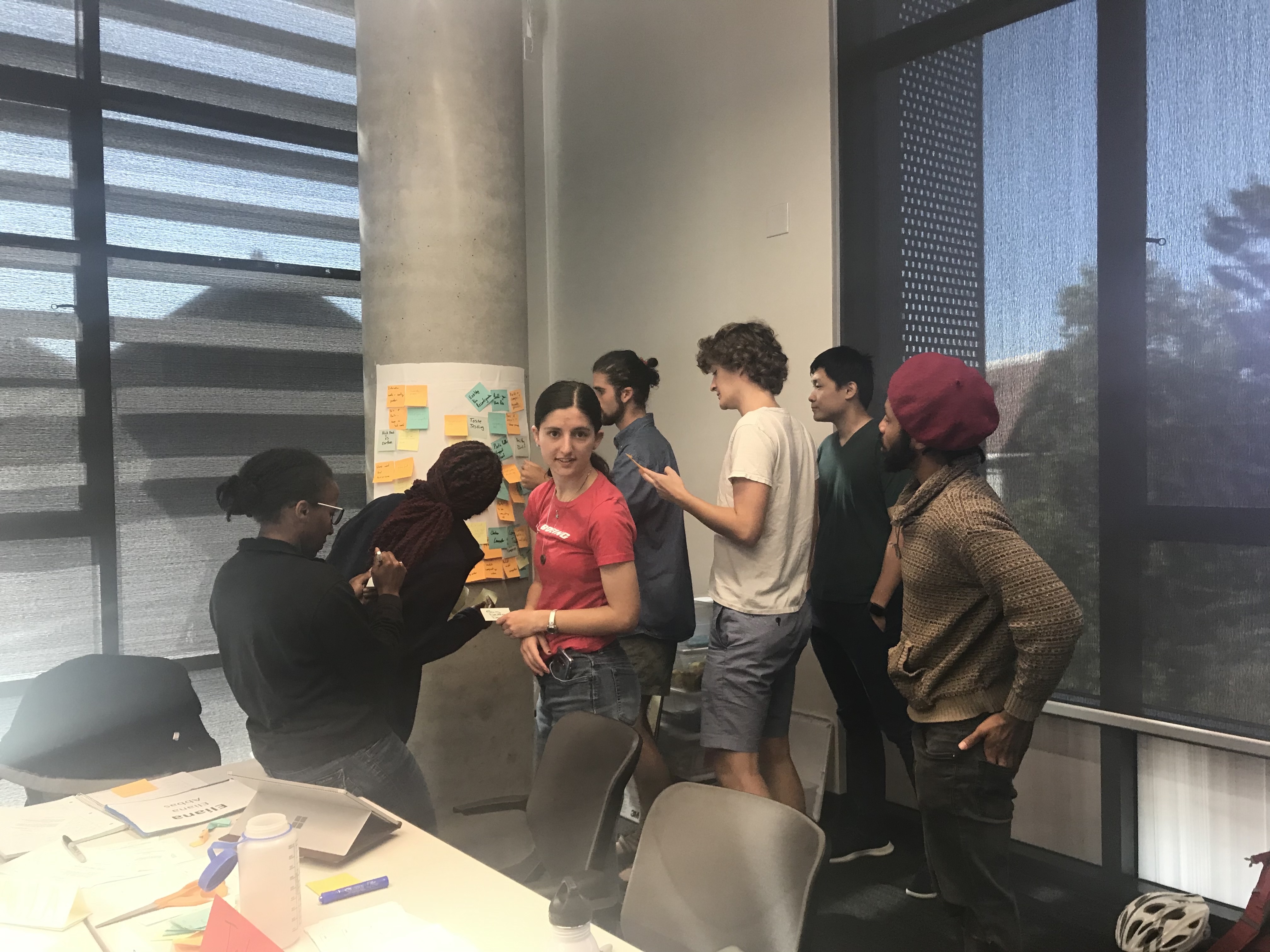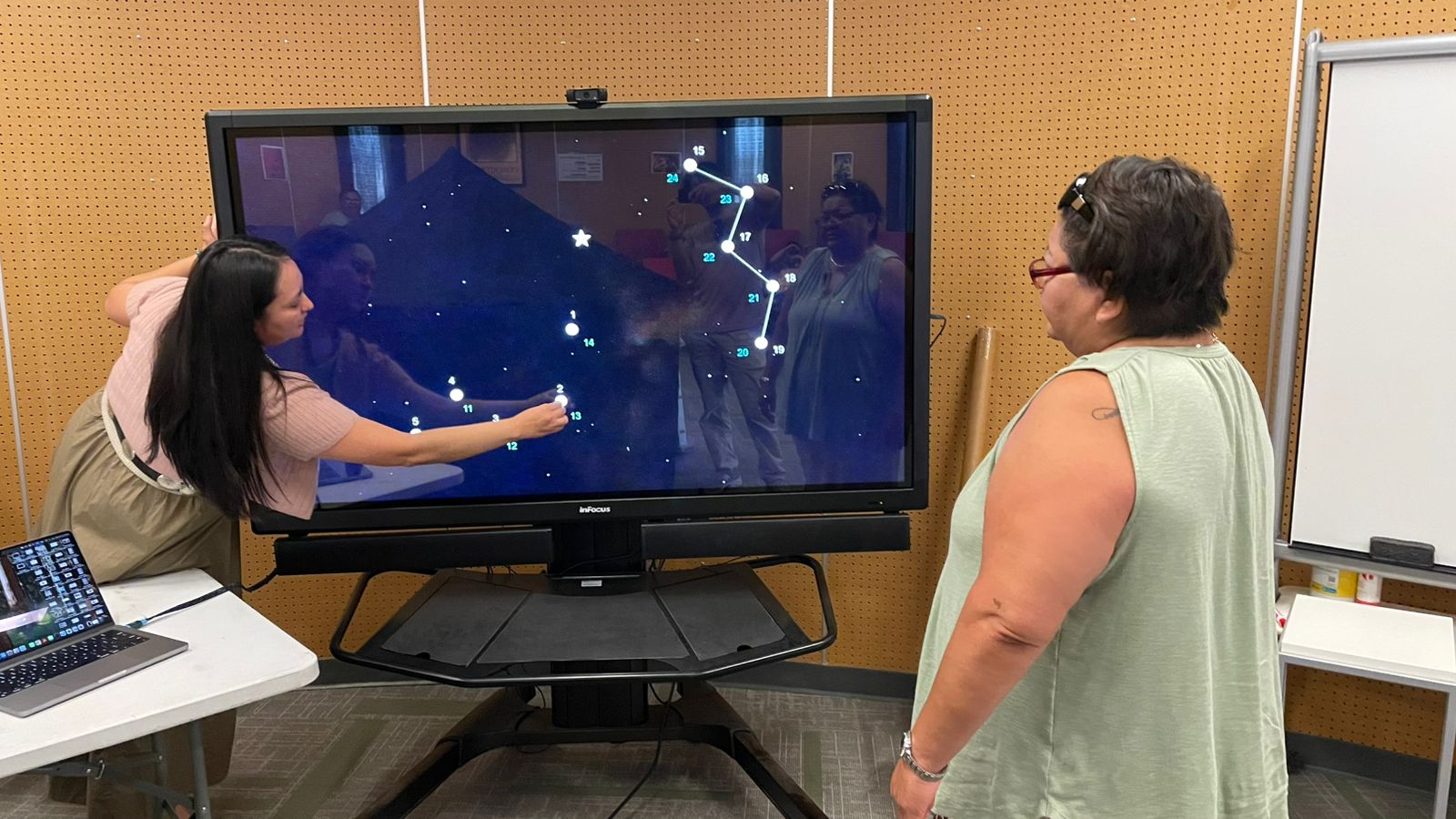How does one bring a social impact idea from conception to reality?
That question is central to DEVENG C200: Design, Evaluate and Scale Development Technologies, a Development Engineering course taken by 44 UC Berkeley STEM and social science graduate students this fall.
Because the emerging field of Development Engineering is highly interdisciplinary, DEVENG C200 is taught as a collaboration among Blum Center Education Director and Mechanical Engineering Professor Alice Agogino, Haas School of Business Professor David Levine, and College of Natural Resources Associate Professor Matthew Potts, all of whom are faculty from the Graduate Group in Development Engineering. Yael Perez, a Blum Center researcher and coordinator for the Development Engineering program, also provides support for the student teams, especially in their project formulation and interactions with local communities.
According to Levine, who specializes in the economic analysis of developing countries, the class is meant to help students practice design thinking and engineering in low-resource settings.
During the first week of class, students participated in a project fair, where sponsors of ongoing Development Engineering projects introduced themselves to the students. Projects included a technology for arsenic removal from drinking water in California’s Central Valley and a community-based enterprise for recycling plastic waste for infrastructure in Kenya. Students were tasked with reconceptualizing the product design for user needs, performing needs assessments for stakeholders, and analyzing the social integration of the projects in their respective communities.
“The goal of the class is for the students to learn how a product evolves through user interaction, how it is contextualized culturally and otherwise, and how to improve a design so it better serves the needs of its users,” said Perez, who completed a UC Berkeley PhD in Architecture focused on collaborative design. “Students will need to think beyond their initial conceptions of the project and seek feedback from stakeholders to adjust their ideas to the users’ needs in a particular place and context.”
Levine, who has taught the course previously, added: “These projects are serving real communities and some will become real solutions that will operate on a real scale. Students will go through needs assessments, use their creativity to find new solutions, develop relevant business plans, and eventually get to see how impactful those solutions actually are.”
When asked what he thought the most important skill will be for the students to succeed in their projects, Levine responded, “Nothing is more important than listening. The world is complicated and we have to try to understand what the problems are on a deep level. Too often we assume that really smart people at Berkeley have all the solutions and too often they’re wrong. Instead, we need to use all the surveys and data possible to understand the potential solutions to a problem, collect feedback, and continue refining the solution.”
While listening is an important skill for DEVENG C200 students, Perez noted that the diversity of students is also an important characteristic.
“Diversity in any company or team improves creativity, brings new ideas, and fosters new ways of thinking,” she said, citing a Harvard Business Review article.
Diversity is indeed reflected in the student makeup of DEVENG 200, in which a third are business students and the rest are pursuing advanced degrees in engineering, education, natural resources, and public policy. More than half the class also hails from outside the U.S.
Student goals for the semester are similarly diverse. Haley Wohlever, a first-year Mechanical Engineering PhD student, Engineers Without Borders graduate, and fellow in the Blum Center’s program on Innovation in the Nexus of Food Energy and Water System (InFEWS), said, “My goal for DEVENG C200 is to be exposed to the process of creating a working business model to implement technology targeted towards a particular society. [I’ve seen] how multi-faceted these Development Engineering problems are, and I’m excited to have the opportunity to study the social and economic pieces of the solution.” Other students discussed team characteristic goals, such as being transparent, respectful, and proactive, as they formed into eight teams focused on seven projects.
One of the most popular projects chosen was TakatakaPlastics, sponsored by Paige Balcom, a Mechanical and Development Engineering PhD student, InFEWS Fellow, and advisee of Agogino. The main goal of the project is to convert the plastic waste in developing countries into durable and affordable construction material.
Explaining what excites her about Takataka Plastics, Balcom said, “I saw how [Takataka Plastics] could make a huge impact on the lives of my Ugandan friends. By turning waste into saleable products, we’re creating jobs, cleaning up litter, reducing public health issues, and reducing greenhouse gases released by burning plastic. Takataka is helping change people’s view of plastic waste from dirty, untouchable ‘rubbish’ to an untapped resource and helping them realize the impact plastic has on their environment.”
In 2018, Takataka Plastics successfully tested a prototype and recently received its first order from Uganda. DEVENG C200 students will create a marketing strategy to franchise the project across Uganda, design additional products from the available plastic, and tailor the technical product to better satisfy user needs.
Another project, Air Cathode Assisted Iron Electrocoagulation (ACAIE): Arsenic Solutions, was introduced by InFEWS Fellow Dana Hernandez, an Environmental Engineering Ph.D. student working with Civil and Environmental Engineering Professor Ashok Gadgil and other members of his lab to develop an affordable arsenic removal treatment technology. The technology will provide clean water for communities in California’s Central Valley and has scalable prototypes in development. ACAIE: Arsenic Solution won Berkeley’s Big Idea Contest last year. Students will work with Hernandez to socially integrate the technology into the communities of the Central Valley, scale the project, and create a business model for the product.
DEVENG C200 Students Adrian Hinkle and Soliver Fusi, both InFEWS PhD Fellows as well, are leading the Urine to Fertilizer project, which focuses on converting urine into an affordable fertilizer that increases food production while promoting sustainable sanitation in Kenya. Fusi said, “I’m attracted to the fundamental premise of my work because I’m not creating anything new–I’m just finding ways to make do with what we already have, such as urine.” Previous researchers, working with Civil and Environmental Engineering Professor Kara Nelson, have successfully tested a proof of concept in Kenya in 2017 while Fusi and Hinkle will finalize technical research, the needs assessments for their Kenyan stakeholders, and the economic viability of urine-derived fertilizers with the students of DEVENG C200.
Anaya Hall, an Energy and Resource Group Ph.D. student and InFEWS Fellow, is leading the Peel: Scaling Compost for Carbon Sequestration and Community Resilience project, which addresses the inefficiencies and significant greenhouse gas emissions coming from conventional composting practices in California. With the project still in its early stages, students will work on solving operational questions, such as how to scale and where to site the project, while also determining if compost utilization can be turned into an effective, socially beneficial, and environmentally friendly business model.
Another project, Aakar Innovation, seeks to address the dearth of effective menstrual hygiene management in India through environmentally friendly, comfortable, and convenient menstrual pads. Sponsored by Aakar Social Board Members Jaydeep Mandal and Ajay Muttreja, Aakar Innovation aims to destigmatize menstruation and empower females in rural India. Students will work with the Indian nonprofit to conduct needs assessments and create a financial strategy to scale the project.
Meanwhile, the Edu-Comp project is working to find bothsustainable technological and educational solutions to food waste at the Native American Yocha Dehe Wintun Academy, a school for indigenous people located near Sacramento. The project sponsors are Yael Perez and InFEWS Fellow George Moore, a Mechanical Engineering student of Professor Agogino, who are building on the work of students in Professor Kosa Goucher-Lambert’s ME290 class last spring. DEVENG C200 students will work to find educational supplements to technological solutions, customize the device itself to fit the needs of the school, and determine benchmarks for success.
Lastly, Shelby Witherby, an InFEWS Fellow with a PhD in Developmental Engineering, is leading the SAFR: Fluoride Removal project, which addresses the lack of an affordable solution to fluoride contaminated drinking water in rural India. Several field tests for the project have been completed and Witherby hopes to finalize the design of the prototype, address waste disposal, and organize local maintenance for the system with DEVENG C200 students this semester.
By the end of the class, students will have immersed themselves in these projects and, as Professor Agogino stated, will have learned methodologies for working with underserved communities and developing integrated solutions for complex sustainability challenges.
“Ultimately,” she said, “they will have also potentially co-designed innovative solutions for communities in need.




